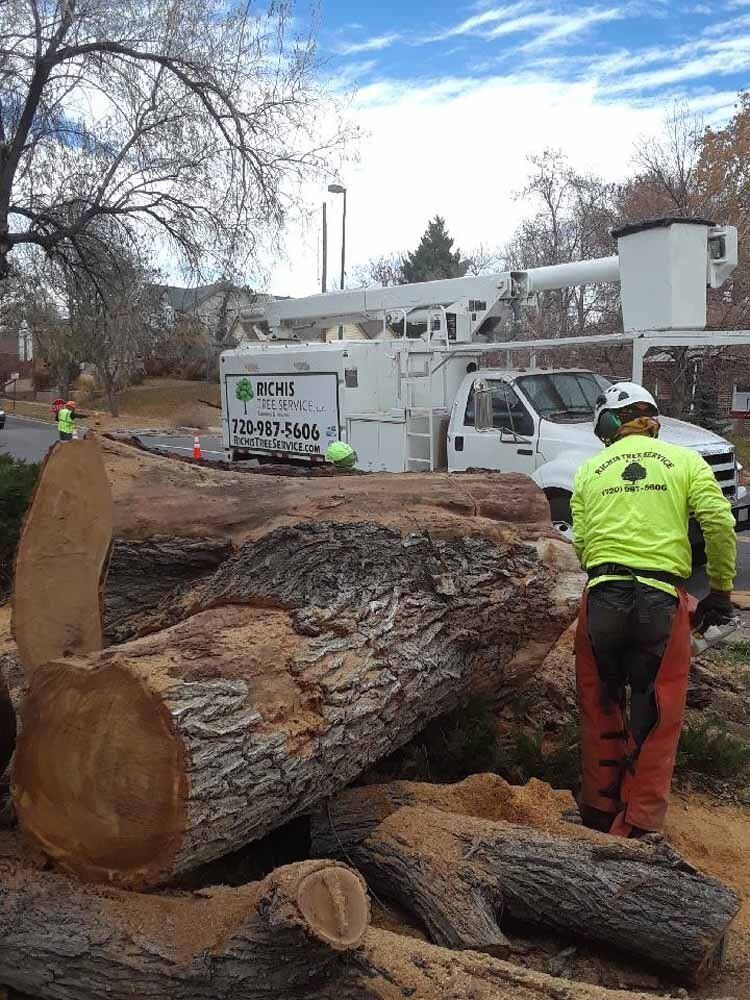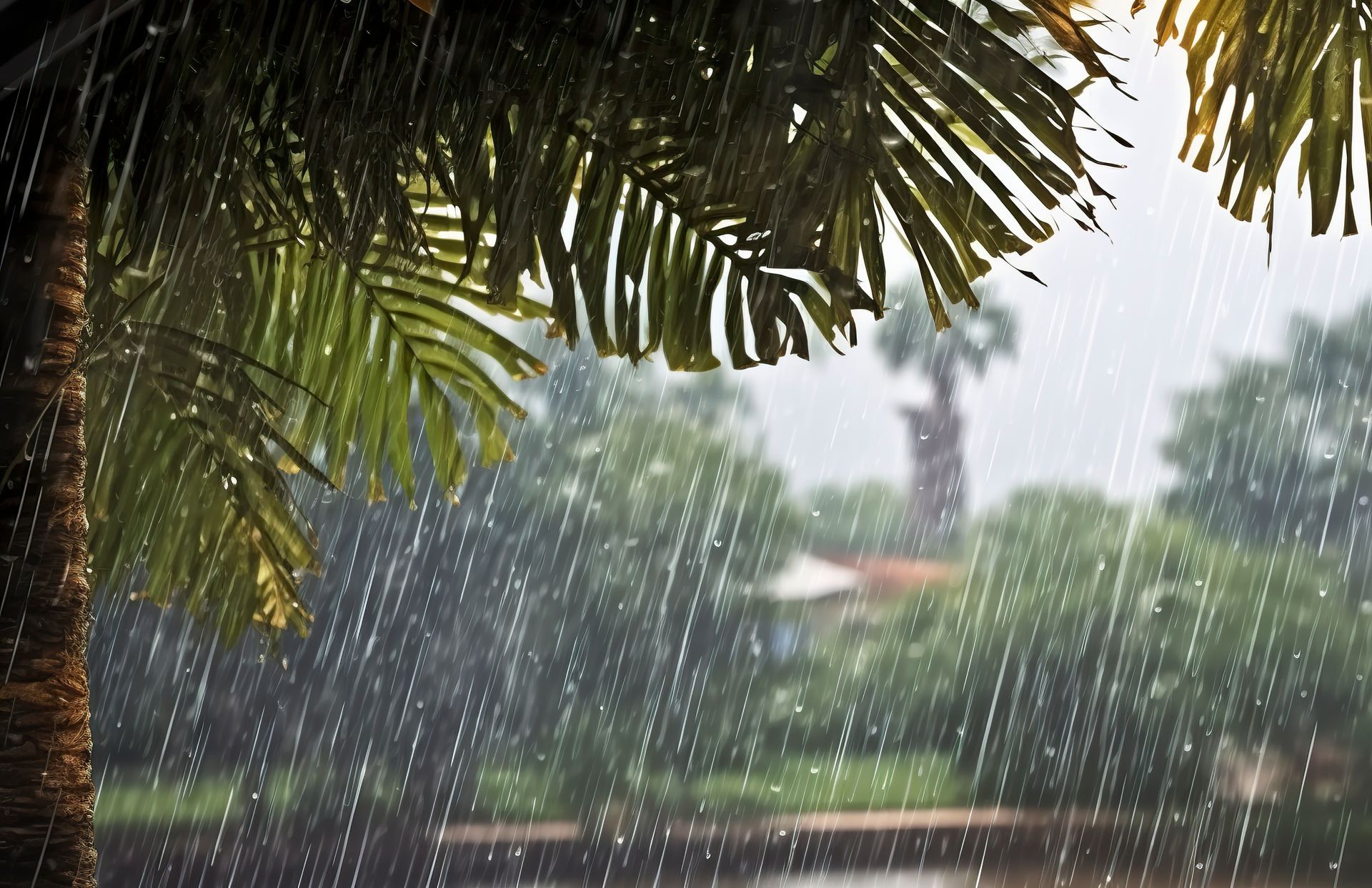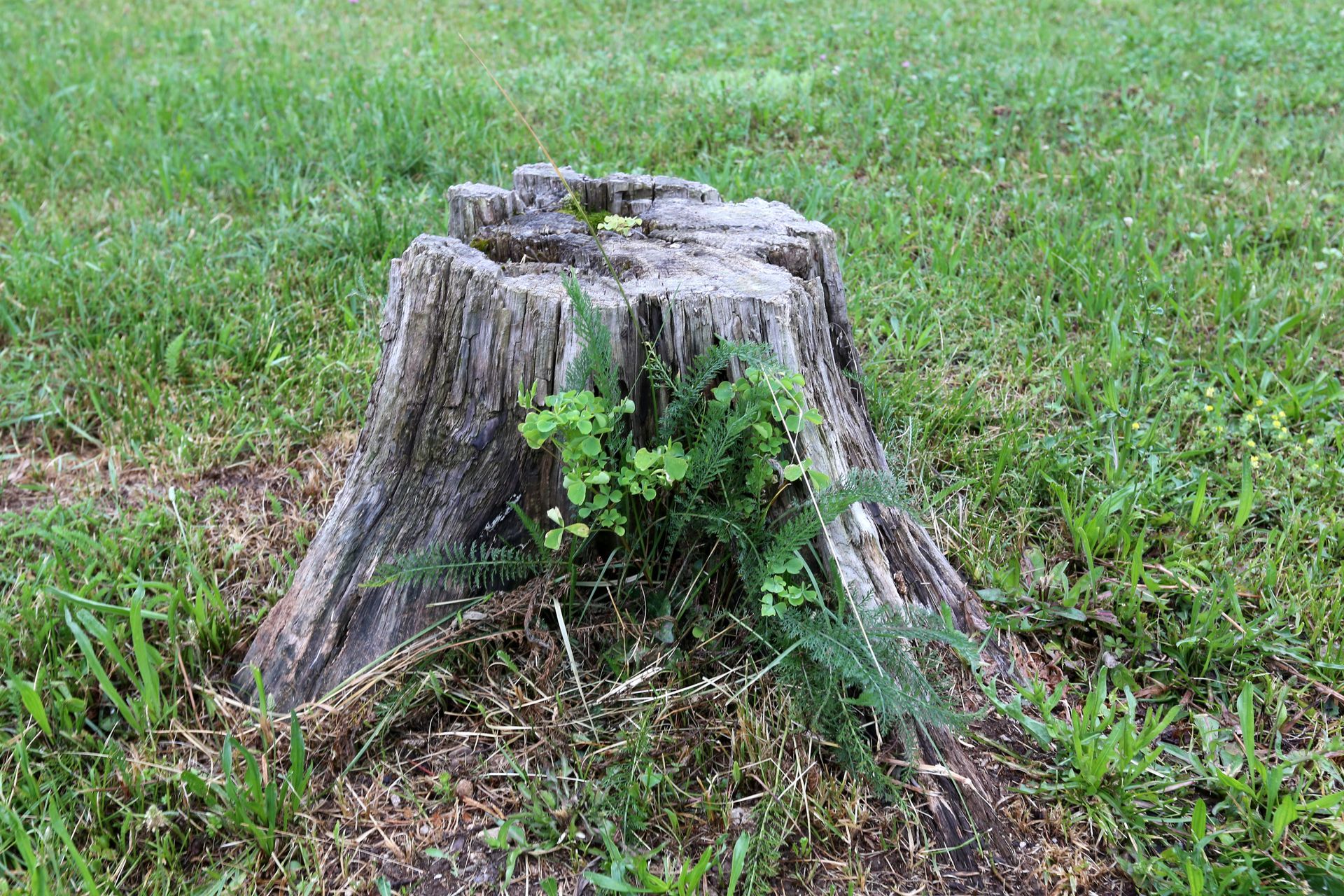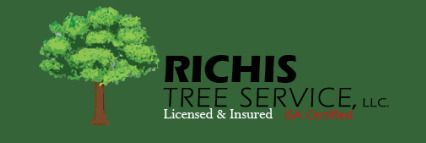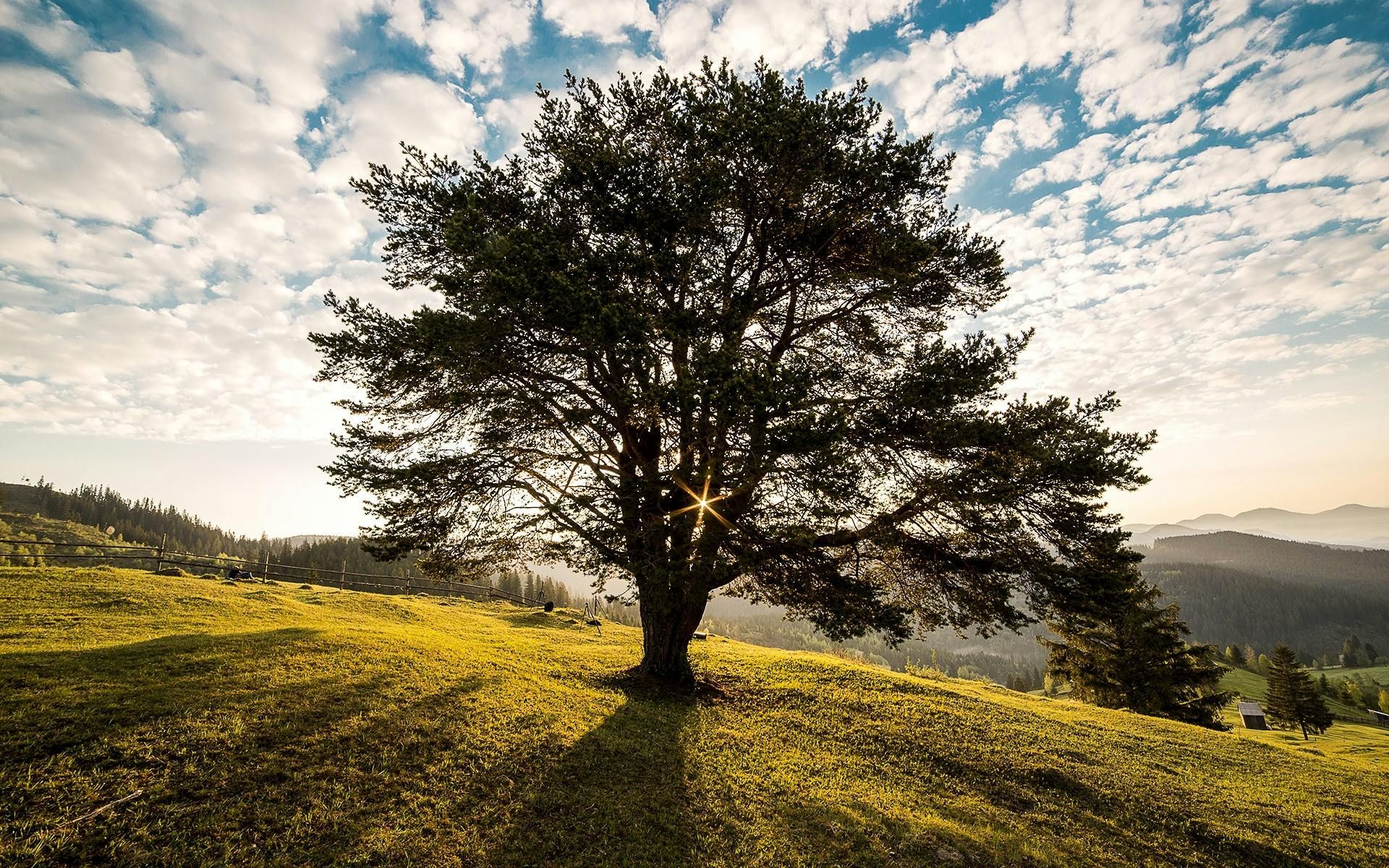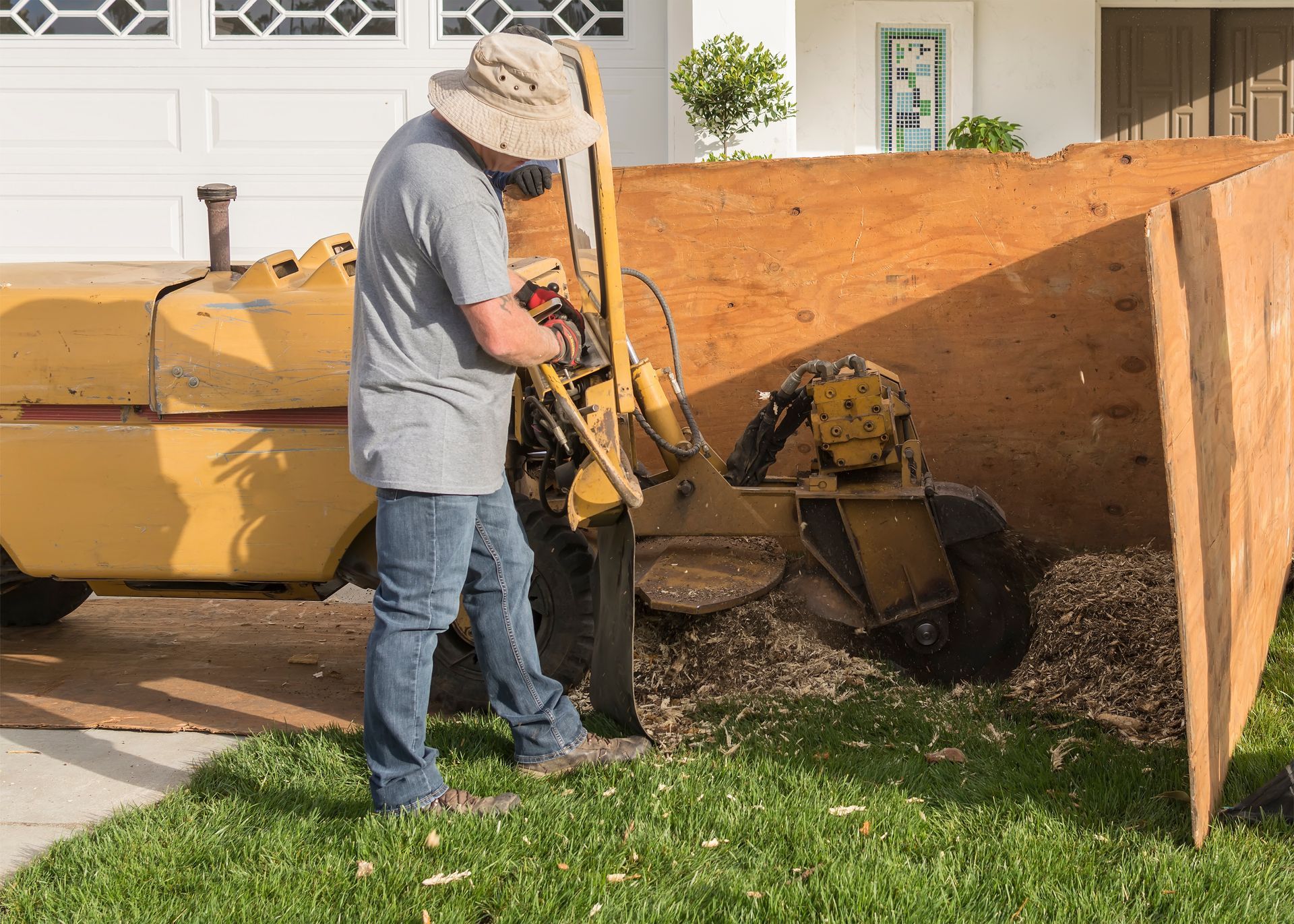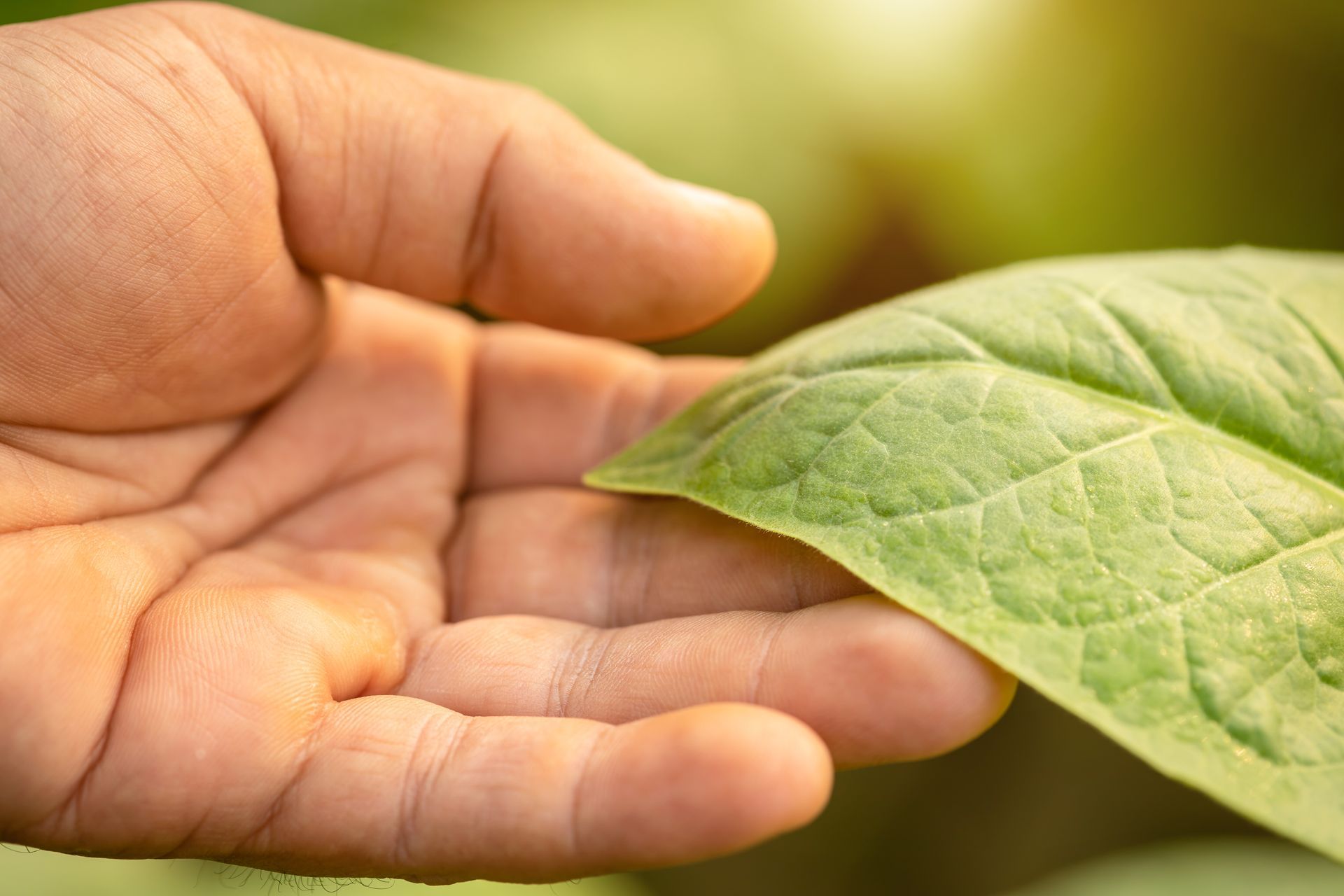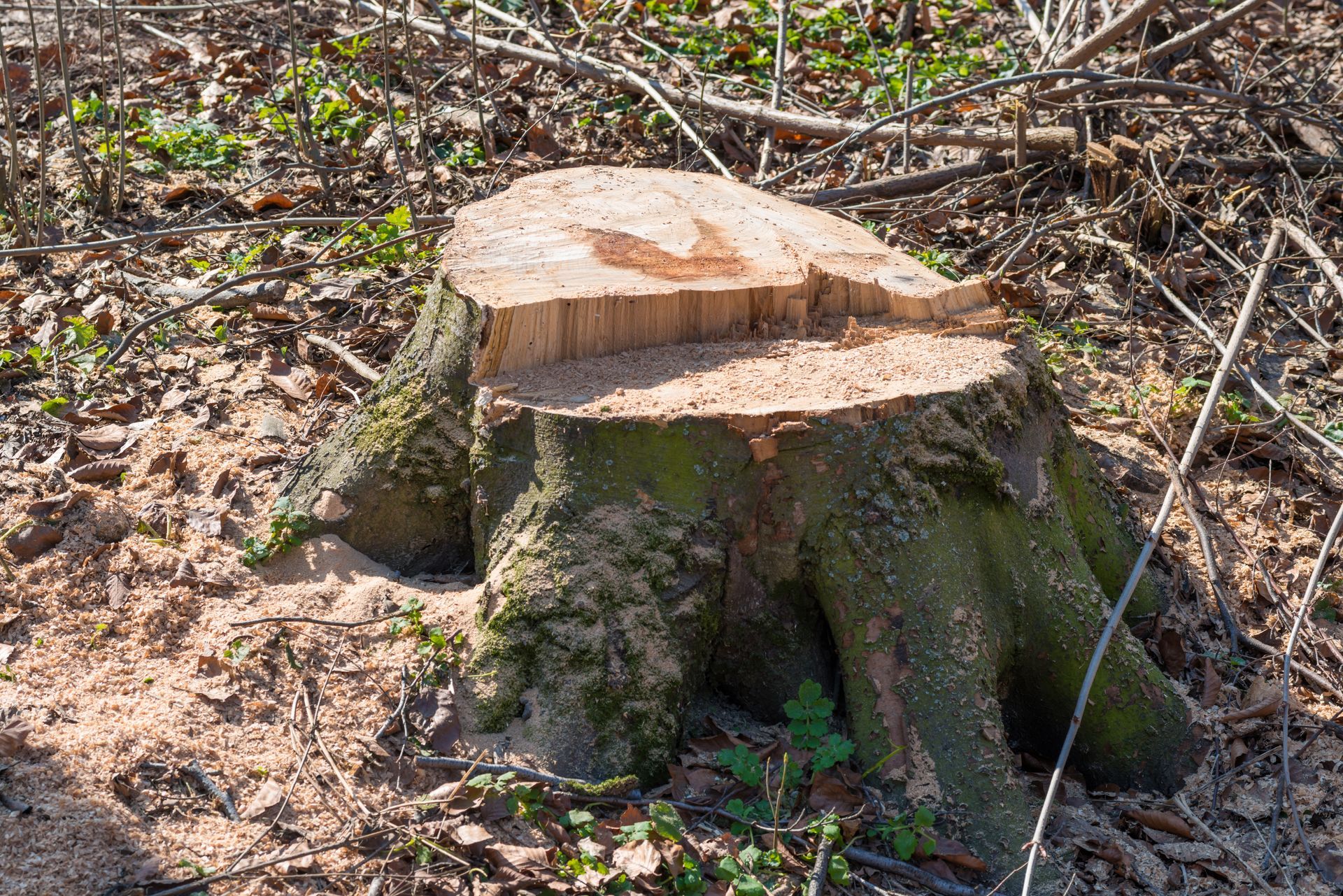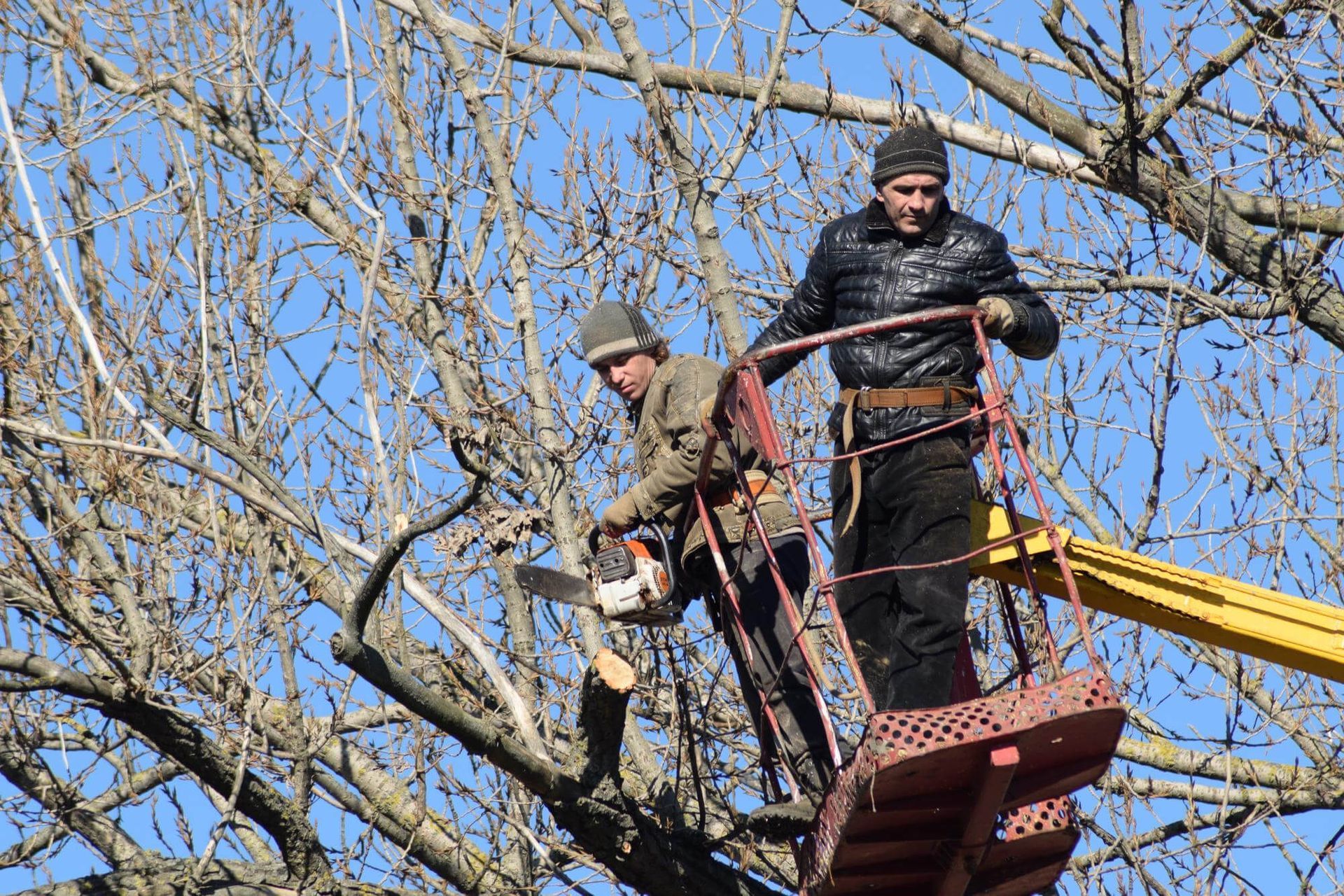Richis Tree Service, LLC
Organic vs. Synthetic Fertilizers: What’s Best for Your Trees?
When it comes to ensuring the health and beauty of your trees, fertilizer is a vital tool. But with so many options on the market, it can be overwhelming to choose the right one. Organic and synthetic fertilizers are two of the most popular choices, each with their own set of benefits and drawbacks. In this blog post, we’ll break down the differences between the two and help you determine which type of fertilizer is best for your trees.
City skyline
Understanding the Basics of Fertilizers
Before we dive into the debate, let’s first understand what fertilizers are and why they are important for tree health. Fertilizers contain essential nutrients like nitrogen, phosphorus, and potassium that are necessary for the growth and development of plants. These nutrients can be found in both organic and synthetic fertilizers, but the source and application methods differ.
The Allure of Organic Fertilizers
Organic fertilizers are derived from natural sources such as plants, animals, and minerals. They are minimally processed, making them environmentally friendly and safe for animals and humans. Many gardeners and homeowners prefer using organic fertilizers because they believe they are better for the overall health of their trees and the environment. Some advantages of organic fertilizers include:
- Slow-release: Organic fertilizers are slow-release, meaning the nutrients are gradually released into the soil over time. This allows plants to absorb the nutrients at a steady rate, preventing the risk of nutrient overload.
- Improves soil health: Organic fertilizers enrich the soil by promoting microbial activity and improving soil structure. This, in turn, helps retain moisture and nutrients, promoting overall tree health.
- Eco-friendly: Since they are made from natural sources, organic fertilizers don’t contain any harmful chemicals or additives that can harm the environment.
- Long-lasting: When applied correctly, organic fertilizers can provide continuous nourishment for several months, reducing the need for frequent reapplication.
Examining Synthetic Fertilizers
Synthetic fertilizers, also known as chemical fertilizers, are man-made products that contain manufactured nutrients. These fertilizers are typically cheaper and provide quick results compared to organic fertilizers. Some benefits of synthetic fertilizers include:
- Fast-acting: Synthetic fertilizers are quickly absorbed by plants, providing faster results compared to organic options. This can be beneficial for trees that need an immediate nutrient boost.
- Precise nutrient control: Synthetic fertilizers are formulated with specific ratios of nutrients, making it easier to target specific deficiencies in the soil.
- Affordable: Synthetic fertilizers are usually cheaper than organic fertilizers, making them more financially accessible for large-scale farming and gardening.
- Easy application: Synthetic fertilizers come in various forms, such as granules and liquid, making them easier to apply and less labor-intensive.
The Downside of Organic and Synthetic Fertilizers
While both organic and synthetic fertilizers have their own set of advantages, they also have their drawbacks. Here are some of the cons to consider before choosing a fertilizer:
Organic fertilizers:
- Slow-release: While this can be a pro in some cases, slow-release can also be a disadvantage for plants that need an immediate nutrient boost.
- Expensive: Organic fertilizers are often more expensive than synthetic options due to the complex processes involved in creating them.
- Odor and appearance: Some organic fertilizers have a strong, unpleasant odor that can be off-putting to some people. They may also have a less appealing appearance compared to synthetic fertilizers.
Synthetic fertilizers:
- Environmental impact: The production and use of synthetic fertilizers can have a negative impact on the environment by contributing to air and water pollution.
- Harmful chemicals: Some synthetic fertilizers contain harmful chemicals that can harm beneficial microbes and insects in the soil, disrupting the ecosystem.
- Can damage soil structure: With frequent and heavy use, synthetic fertilizers can harm the soil structure by decreasing microbial activity, leading to soil degradation.
What’s Best for Your Trees?
So, which type of fertilizer is best for your trees? The answer is not a simple one, as it depends on various factors, such as your location, soil type, and tree species. In some cases, a combination of both organic and synthetic fertilizers may be the most effective approach. Here are a few tips to help you make an informed decision:
- Understand your soil: Conduct a soil test to determine the nutrient deficiencies and pH levels of your soil. This will help you determine which type of fertilizer and nutrients your trees need.
- Consider the tree species: Some trees may have specific nutrient requirements, so it’s essential to do your research and choose a fertilizer that caters to those needs.
- Seek professional advice: If you’re unsure about which type of fertilizer to use, it’s always best to seek the advice of a professional arborist or horticulturist. They can recommend the best fertilizer and application methods for your specific trees.
Let us Nurture Your Trees: Contact Richis Tree Service, LLC for Expert Fertilization Services in Centennial, CO!
At Richis Tree Service, LLC, we understand the importance of choosing the right fertilizer for your trees. Our team of certified arborists has the expertise and experience to determine the best fertilizer for your trees based on their individual needs. We also offer professional tree fertilization services in Centennial, CO, and the surrounding areas. So, if you need help with fertilizing your trees, give us a call at (720) 987-5606.
We also offer the following services:
- Tree Trimming: Our skilled arborists can provide expert tree trimming services to keep your trees healthy and beautiful.
- Tree Removal: If you have a tree that is diseased, damaged, or posing a risk to your property, we can safely remove it for you.
- Stump Grinding: Removing a stump can be a difficult and time-consuming task. Let us handle it for you with our professional stump grinding services.
FAQs
